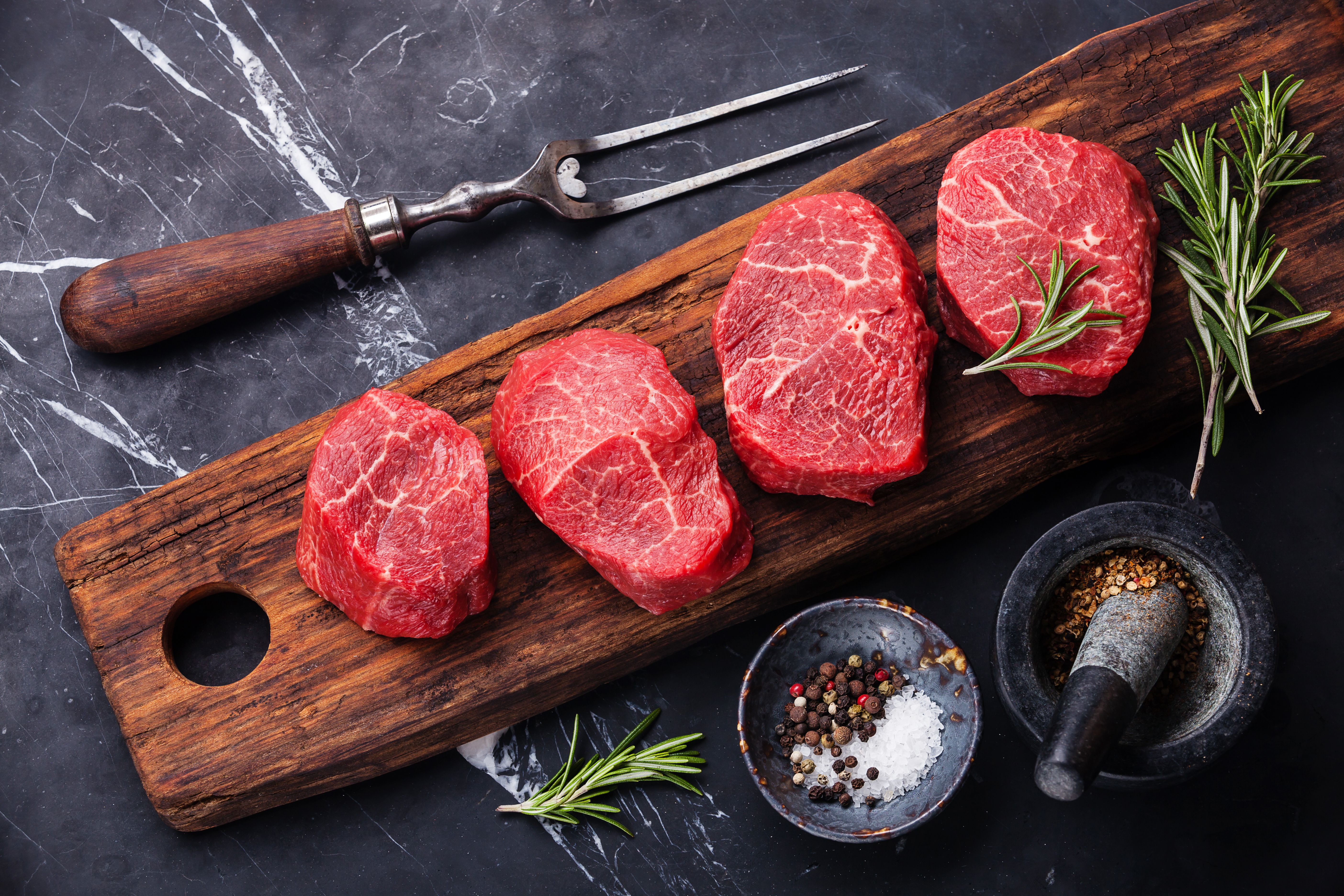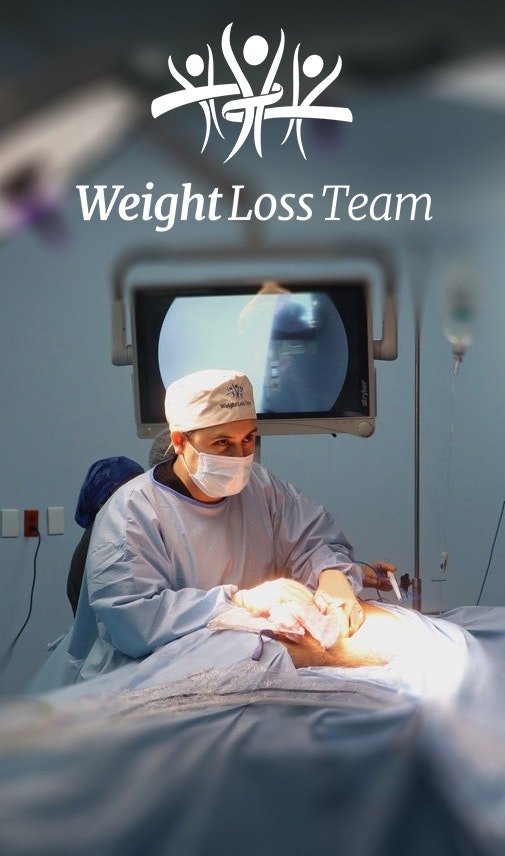Overeating After Gastric Bypass
 If you struggle with obesity and the health problems associated with excessive weight, you may want to consider bariatric surgery. Weight loss procedures such as gastric bypass surgery can help you shed pounds, lower your body fat percentage, and improve overall wellness in the process. Dr. Juan Francisco Hidalgo has helped numerous obese patients lose weight at his Puerto Vallarta, Mexico bariatric surgery center.
If you struggle with obesity and the health problems associated with excessive weight, you may want to consider bariatric surgery. Weight loss procedures such as gastric bypass surgery can help you shed pounds, lower your body fat percentage, and improve overall wellness in the process. Dr. Juan Francisco Hidalgo has helped numerous obese patients lose weight at his Puerto Vallarta, Mexico bariatric surgery center.
After weight loss surgery, patients may still face some challenges when it comes to keeping weight off in the long run. That’s why we at the Weight Loss Team would like to consider the issue of overeating after bariatric procedures.
Do People Overeat After Gastric Bypass?
Yes.
Even though gastric bypass surgery reduces the stomach capacity, it is possible for people to eat beyond fullness. Many times this is due to the habits formed prior to weight loss surgery. People may eat as a coping mechanism, comfort, or for other forms of emotional relief. Even if you undergo bariatric surgery, this does not change the relationship you have with food.
What Happens If I Overeat After a Gastric Bypass?
If you overeat after bariatric surgery, two of the biggest problems you will face are:
- Dumping Syndrome - Dumping syndrome occurs when food is not fully digested before it passes into the small intestine, which is a potential issue for all people who undergo bariatric surgery.
- Weight Gain - If you overeat after gastric bypass surgery, you could potentially gain weight rather than keep weight off. This ruins any benefits of the bariatric procedure.
In addition to the above, you may also experience the following issues:
- Stomach aches
- Nausea
- Vomiting
- Acid reflux/GERD
- Gas
- Dizziness
- Diarrhea
Stop When You’re Feeling Full
A good way to prevent overeating is to stop eating as soon as you feel full. Never try to finish what is on your plate just because you don’t want to have leftovers. Box it up or put it in a container to finish later.
Savor Your Food and Chew Slowly
When you eat too fast, your body and mind won’t always sync up in terms of registering fullness. This is why is it so important to chew slowly and really savor your food. By chewing slowly, you’ll wind up eating less because your body will register fullness before you eat too much.
Improve Your Portion Control
Another method of overeating prevention is to reduce portion sizes and practice good portion control. Try using smaller plates and bowls to limit how much food you consume in a meal. This combined with savoring your food will help prevent consuming too much in one sitting.
Drink Water Between Meals
You will need to stay hydrated throughout the day, so be sure to drink water between meals. This will help you feel fuller between meals, and ensures you just aren’t snacking throughout the day, which makes overeating more likely.
Talk with a Therapist About Your Eating Habits
Our relationship with food can be quite complicated. It’s important that you speak with a therapist or mental health specialist about any emotional or psychological attachments you have to food. By considering your feelings and modifying your behaviors, you can bring your impulses to overeat under control.
Learn More About Gastric Bypass Surgery
To learn more about life after gastric bypass and what you can do to ensure lasting weight loss and health benefits, be sure to contact an experienced bariatric surgeon. We at the Weight Loss Team are here to help. You can reach us by phone at (818) 276-9059.



